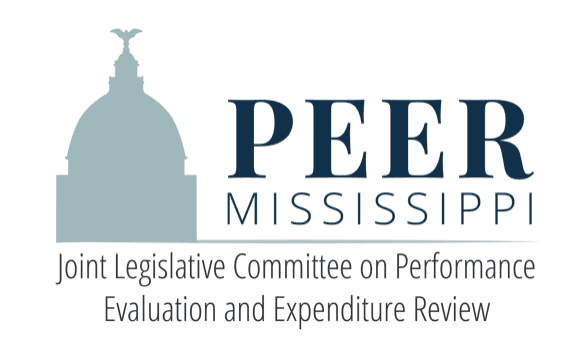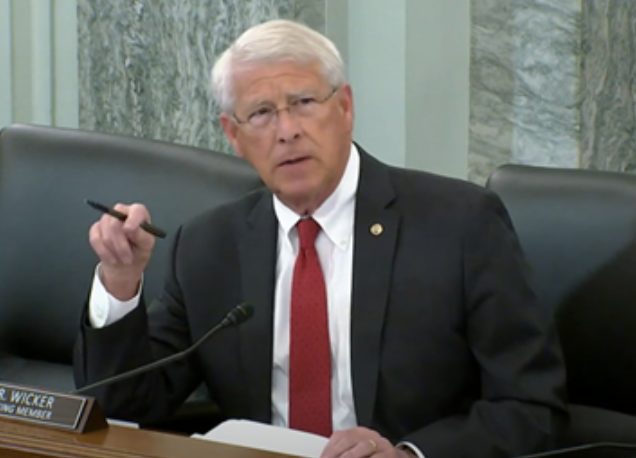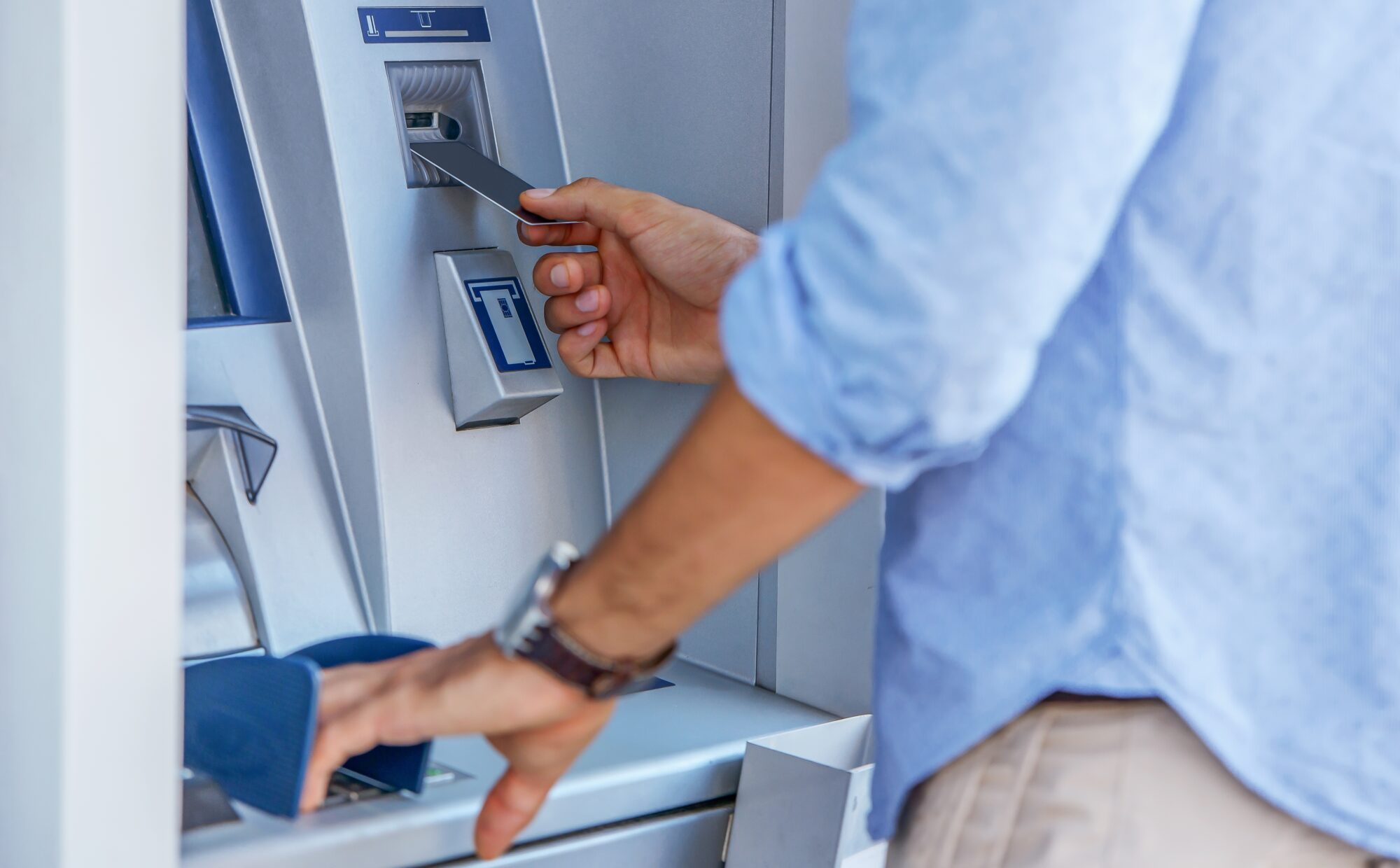
Offenders released on parole has increased substantially since 2007.
The Legislative PEER Committee released its latest report titled A Review of the Mississippi State Parole Board.
The Mississippi State Parole Board has the exclusive responsibility to grant, refuse or revoke parole. The PEER compliance report reviewed the laws policies governing the Parole Board and found several instances of non-compliance.
The report states that in 2019, the State Parole Board established hearing dates within thirty days of an offender’s parole eligibility for only 53% of offenders who were eligible for parole. While the other 47% of hearing dates were untimely, not all of the them were late.
Also during 2019, the State Parole Board conducted 274 unnecessary parole hearings for offenders who met the standards of presumptive parole as authorized by MISS. CODE ANN. § 47-7-18 (1972).
The percentage of offenders released on parole has increased greatly since 2007, rising from 6.8% to over 63% in 2019.

PEER says that the Mississippi Department of Corrections does not have an adjudicatory division equipped to handle the parole process should the Parole Board’s authority be repealed or not renewed before it expires in July 2022. PEER recommends changes to the operation of the Parole Board, not simply a legislative reenactment of the law that authorizes their structure, potentially moving it under the purview of MDOC and hiring an Executive Director along with other staff.
PEER notes that contrary to state law, the State Parole Board does not maintain minutes documenting its parole decisions.
Also, contrary to Mississippi’s State Travel Policy Rules and Regulations regarding “regular place of work,” a State Parole Board member received $20,262.52 in travel reimbursements for commuting during FY 2020, while another member received $6,777.09 in travel reimbursements for commuting during FY 2021.
Read the full PEER report on the Parole Board here.











